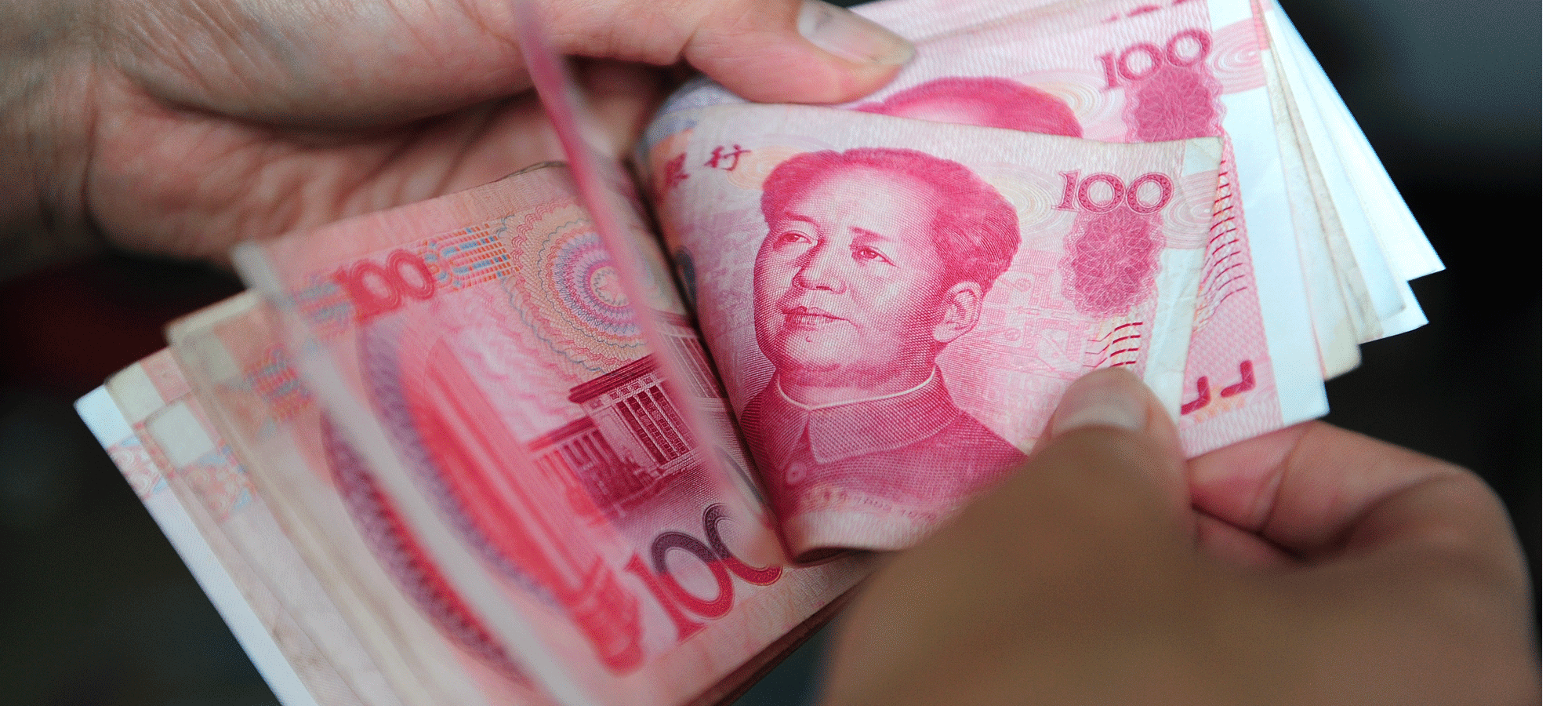The Independent's journalism is supported by our readers. When you purchase through links on our site, we may earn commission.
The devaluation of the Chinese yuan marks a crisis in capitalism
The currency has been weakened to increase exports in order to stave off the inevitable crisis facing the Chinese economy - one which will have serious ramifications for the UK

World markets were stunned yesterday after the Chinese central bank moved to weaken the country’s currency, the Yuan, for the eighth-day running - a six year low against the dollar.
Commodity prices and stock markets around the world tumbled and the S&P 500 fell by 4.9 per cent this year – its worst four-day opening run in history. While Chinese officials have remained silent, analysts believe the move is designed to encourage exports of Chinese-made goods following a nine-month decline in manufacturing indices. China’s recent actions, however, are indicative of a deeper crisis.
One important barometer relates to Chinese labour strike data. Newly released figure from the China Labour Bulletin (CLB) reveals that the number of strikes and workers’ protest dramatically increased at the end of 2015 particularly in manufacturing, construction and mining. As a result the labor costs for big firms have tripled - encroaching upon and often flattening profit margins.
In 2012 almost half of manufacturers and importers said they would consider moving out of the country altogether - of which 26 per cent did. In the beginning of 2016, manufacturing continues at a nine month low and China’s trade share of GDP is a third less than a decade ago.
As a result, China is in the throes of a major shift in the balance of power between labour and capital, and are attempting to transform its producers into consumers – a grand transition from world’s supply side workshop to its next great marketplace.
China’s working population has shrunk by 3.5 million. Many economists, even in the IMF, state that China are reaching a point of labor scarcity, the so-called “Lewis turning point”, an inevitable developmental phase when wages surge sharply, industrial profits are squeezed, with a steep fall in investment.
Indicatively, real wages in China since 2001 have increased at a rate of 12 per cent per annum and observers speculate the recent devaluation of the Yuan reveals complications in China’s attempt to shift from an export-led to a consumer and services-led economy.
The current process in China is similar to the crisis in the West in the 1960s and 70s. Changing labour-capital relations coupled with strikes and increased workers’ bargaining power lead to higher wages and broader social reforms, resulting in diminished labour output and higher costs of maintaining workers in production as well as an increased “social wage”, squeezing profits further.
In the final phase: capital innovates by automating and/or leaving for a more profitable terrain – however in this case there are few if any options as an alternative to China. Thus, the transition may deepen the crisis of accumulation in the “real economy” for transnational capital.
As a consequence of increasing labour costs the price of consumer goods in the UK will rise, coupled with mushrooming debt levels, falling real wages, a downward resetting of asset prices, accelerated automation of both the service and industrial sector and a reduction of debt-financed purchases, which could have the net effect of plummeting consumer-buying power.
Even with the continued offensive by the UK government to attract investment and profitability, there is no policy that will benefit both the proprietors of capital at the top and the laborers at the bottom.
Any plan that expands the workers’ share will undermine profitability. The system weighs heavy by the contradictions embedded within it. It is clear that any solution must, at minimum, include a dramatic increase in the UK’s abysmally low minimum wages, the introduction of a universal basic minimum income, and direct investment in production by the state.
Dr. Ashok Kumar is a Fellow of Economic Geography at Queen Mary, University of London.
Join our commenting forum
Join thought-provoking conversations, follow other Independent readers and see their replies
Comments
Bookmark popover
Removed from bookmarks